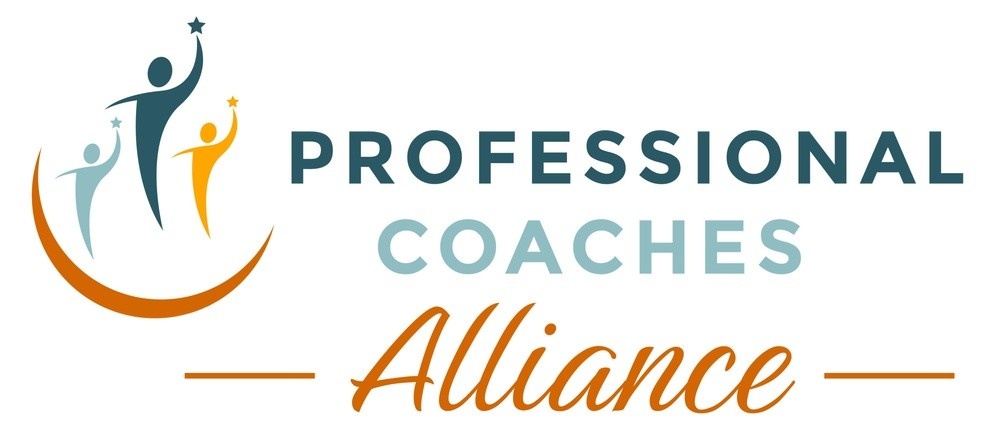Professional Coaches Alliance
1996 - 2023
Thanks for 27 Years of Community Support and Collaboration

Founded in 1996 in San Diego, The Professional Coaches Alliance (PCA) has been a friendly collaborative community of professional coaches and service providers for 27 years.
Our mission has been to develop and sustain thriving, successful professional coaching businesses and inspire positive change for our clients.
Our members continue to value collaboration, inclusiveness, integrity, progressiveness, passion, and service.
After 27 years of service to the professional coaching community as a non-profit member organization, PCA has concluded its operation at the end of 2023.
Connect with former PCA members in the Professional Coaches Connection Facebook Group.

